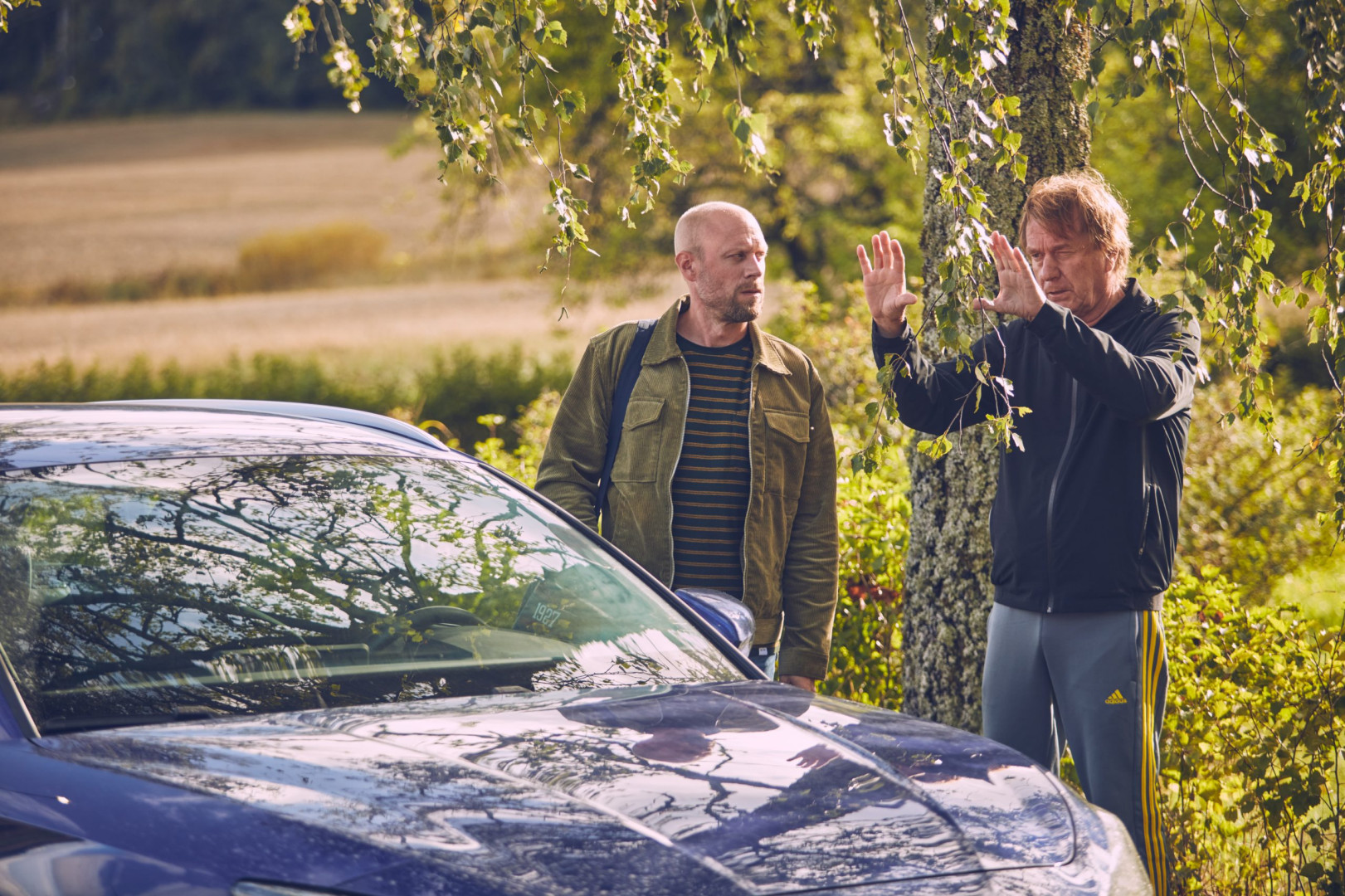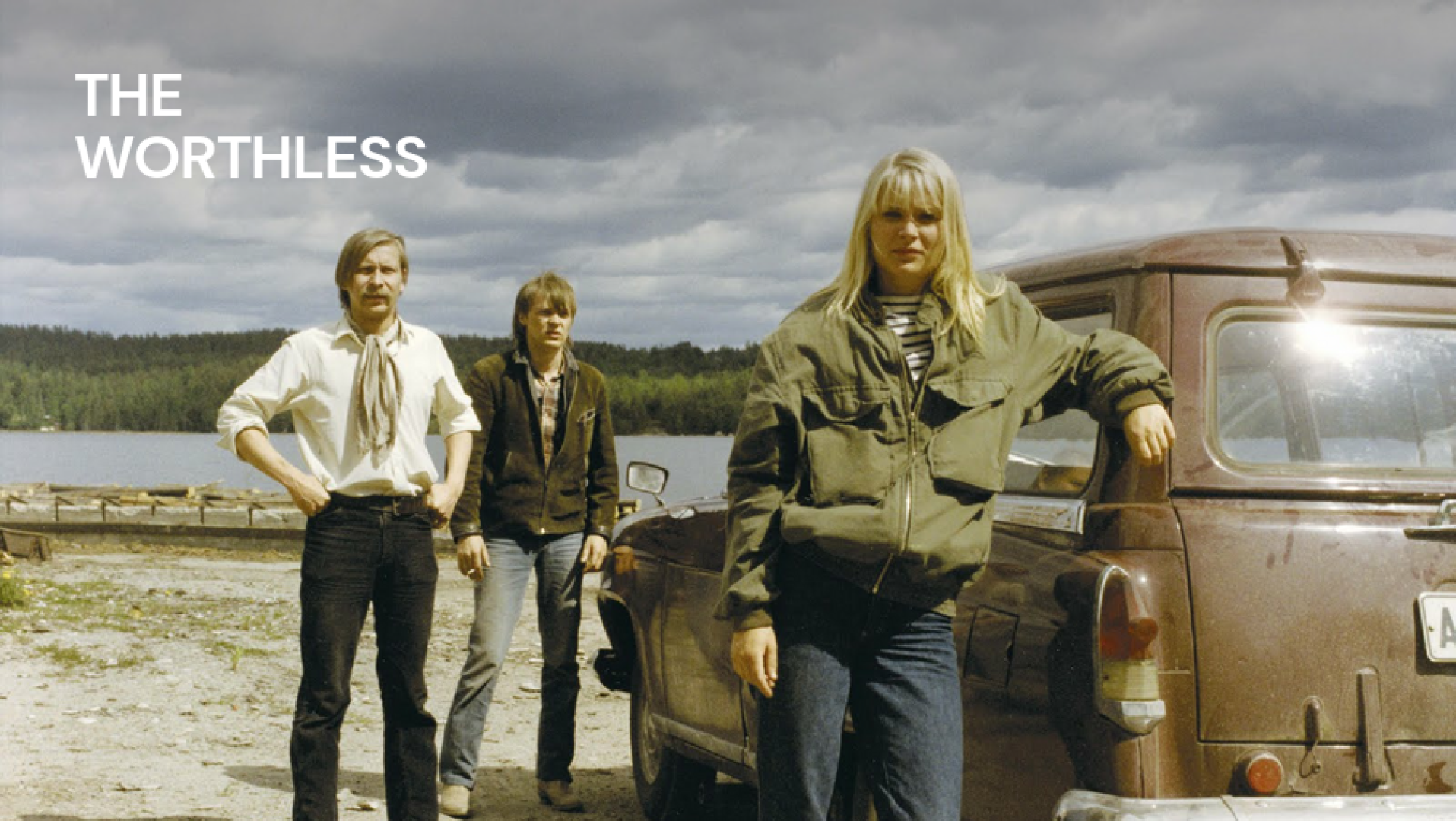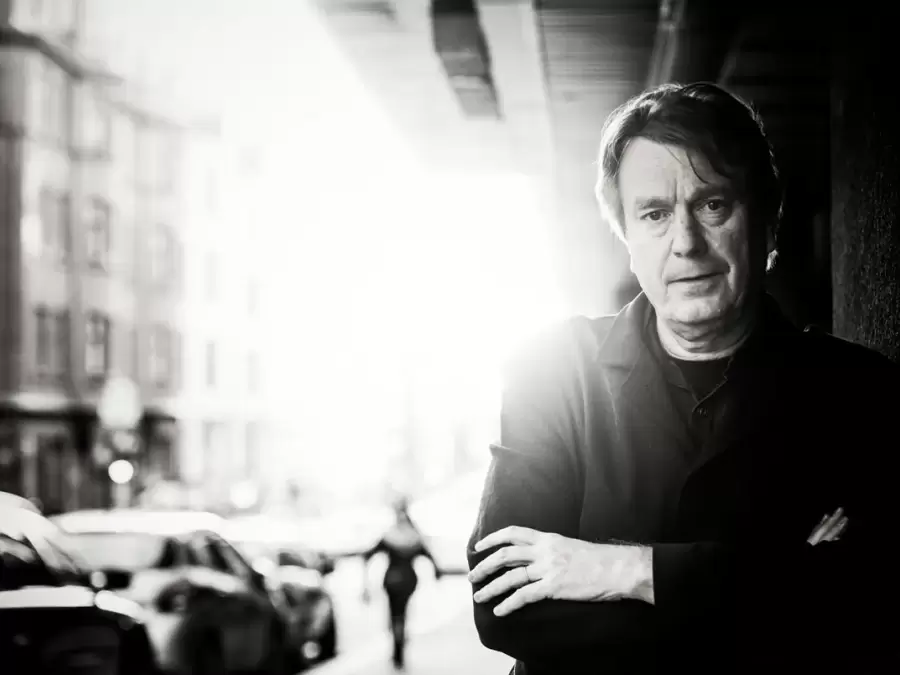Mika Kaurismäki is one of the most prominent and prolific directors, screenwriters, and producers in Finnish cinema. His versatile career spans both domestic and international productions. Kaurismäki’s breakthrough film, The Worthless (Arvottomat, 1982), is a Finnish road movie classic that explores youthful rebellion and the search for identity. He also ventured into Hollywood with L.A. Without a Map (1998), a film that blends romance with cultural collisions. Often called Finland's most hard-working director, Kaurismäki has admitted to watching several hundred films per year in his youth.
Over the years, Kaurismäki has created an impressive array of films and spent a significant portion of his life abroad, particularly in Brazil. What was originally planned as a week-long trip turned into a 30-year stay. This interview also comes from South America, reflecting the contrast between our locations: bright Brazilian sunshine shines through his window, while in Budapest, where I am, rain taps against the glass and twilight dominates the day. Kaurismäki first visited Budapest in 1967 during a family trip across Europe. Since then, he has returned to the city's streets a handful of times over the decades. During our conversation, we delve into his life and career, discussing his love for Brazil, his journey to becoming a filmmaker, and his latest movie, Long Good Thursday (Mielensäpahoittajan rakkaustarina, 2024).
How did you become a film director?
I became a film director somewhat by chance, although my interest in films had been sparked earlier. I grew up in small Finnish towns where film culture wasn’t part of everyday life, so I never even considered filmmaking as a profession. However, during high school, I started making Super 8 films with friends, which opened up an entirely new world for me. I also joined the Kouvola Film Club, where I realized that someone behind the camera decides how a film looks. That was a turning point for me. Initially, I was planning to pursue a career in architecture and even got accepted to study it abroad. Before that, I studied the local language and art history in Germany. I lived in a student dormitory across the street from a film school office. One day, I decided to knock on the door, and so I learned about their entrance exams. I took a chance, and to my surprise, I got in – out of thousands of applicants, only 15 were accepted. That was the beginning of my journey as a film director.

Photo: Kaurismäki directing the film Long Good Thursday (2024)
Kaurismäki’s latest film, Long Good Thursday, is based on a book by Tuomas Kyrö and stars Heikki Kinnunen and Jaana Saarinen. The story centers on late-life love and letting go of the past. It’s a heartfelt tale that reminds us love knows no age – and that there is always room for new beginnings. In addition to its release in Finland, the film has been screened in the United States, Germany, and now it will come to Hungary for the Finn Filmnapok festival in February. It also won the Audience Award at the Chicago International Film Festival.
The Grump is a beloved character in Finland. Does this bring extra pressure to directing?
A little, yes. Until now, I’ve always chosen the themes of my films, written or co-written the scripts, and produced them myself, but Long Good Thursday was an exception. This film was also my first time directing a story produced and written by someone else. However, I decided to take on the challenge because I particularly wanted to work with Heikki Kinnunen, an actor I greatly admire but hadn’t collaborated with before. Despite the pre-written script, I was given creative freedom to shape the film’s content. The final push came from my daughter, who worked at the production company and convinced me the project was worth doing—I couldn’t really say no to her.
The film explores love and loneliness in later life. What did you want to convey about these themes?
The theme was chosen by the author, Tuomas Kyrö, but as we worked on the film, it felt personal. Aging is a part of my own life now, and my mother recently turned 90. In the film, I reflect on what life looks like after one’s active working years are over but there’s still a long period ahead in retirement. I wanted to highlight the right of older people to live fulfilling lives without age discrimination, and to emphasize that human dignity remains intact, regardless of age.
Do you think the film’s themes resonate more with a specific age group, or is there something that touches all ages?
I believe the themes are universal. Everyone has parents or grandparents, so the subject isn’t foreign to anyone. While the story focuses on aging, there are younger characters involved too, and I find it amusing how the roles reverse—the younger generation becomes “grumps” who disapprove of the choices made by the older generation. This dynamic makes the story engaging for audiences of all ages.
How does Long Good Thursday compare to your other films in terms of themes or style?
My films have always included humor, and this is a dramedy where sadness and humor meet. This intersection is something I find particularly intriguing. Stylistically, the film is not essentially different from my previous work, but this time I wasn’t involved as the screenwriter or producer, which significantly lightened my workload. Just directing felt almost like a holiday compared to leading a project from start to finish.
If viewers could take away one important message from Long Good Thursday, what would it be?
The central message of the film is tolerance and understanding—not only toward loved ones but toward all people. I hope the film can bring people together, especially in these times when societies and individuals are being divided against each other. The movie offers a positive perspective on the importance of community and hope. This theme has been present in my earlier works as well but feels especially relevant now, in the challenging times we’re living through.

Photo: The Worthless (1982) Marianna Films
Which film has been the most personally significant experience for you to create?
Every project feels important at the moment you’re working on it. If I had to name one, it would be my first feature film, The Worthless (Arvottomat). It was a crucial starting point—without it, the other projects wouldn’t have followed. I compare my films to my children—I can’t pick a favorite because each is significant. I rewatched The Worthless last summer at the Midnight Sun Film Festival, and now it’s touring theaters as part of its 40th-anniversary celebration. It was wonderful to see that the film still resonates with audiences, who received it warmly. Some viewers had seen it dozens of times and knew the lines by heart.
How would you like your films to be remembered in the future?
I don’t expect anything grand, but it would be enough for my films to be watched. I’ve had a long career—around 50 films, including fiction and documentaries. It’s nice to know that at least some of them have stayed with people. Times and technology change, but I believe I’ve left some kind of mark.
Mika Kaurismäki’s passion for films and new projects remains strong. At the end of the interview, he warmly recommends visiting the new Corona and Dubrovnik bars in Vallila, Helsinki. These legendary establishments, which operated in central Helsinki from the 1990s until 2019, have now been reborn in a new location.
“You should definitely check them out,” Kaurismäki says with a twinkle in his eye.
Who? Mika Kaurismäki
Profession: Film director, screenwriter, and producer
Education: Munich Film and Television School
Residence: Finland and Brazil
Hobbies: Tennis, sports, and music
A must-watch film for everyone: Before the Flood (2016): This documentary combines compelling storytelling with an important message, opening viewers’ eyes to the critical state of our planet and inspiring action.
Text by Saaga Kaján

